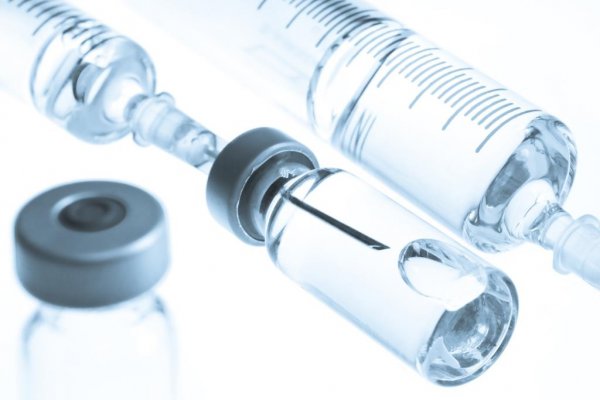The Medicines and Healthcare products Regulatory Agency (MHRA) has approved a Type II variation, to extend the indication for MSD’s VAXNEUVANCE (PCV15) in the UK to include active immunisation for the prevention of invasive disease, pneumonia and acute otitis media caused by Streptococcus pneumoniae (S. pneumoniae) in infants, children, and adolescents from 6 weeks to less than 18 years of age.
The vaccine is already indicated for the prevention of invasive disease and pneumonia caused by Streptococcus pneumoniae in individuals 18 years of age and older.
The approvals were supported by eight randomised, double-blind clinical studies that enrolled approximately 8,400 individuals, including 5,400 who received PCV15. The studies evaluated the use of the product in various paediatric populations at risk for pneumococcal disease, including healthy infants, children and adolescents, pre-term infants and children living with HIV infection or sickle cell disease.
The vaccine was also evaluated across a variety of clinical circumstances, such as interchangeable use following initiation of an infant vaccination schedule with the currently licensed 13-valent pneumococcal conjugate vaccine (PCV13) or in a catch-up setting for older children who are either pneumococcal vaccine-naïve or who previously received an incomplete series of another pneumococcal conjugate vaccine (PCV).
The data supporting the approval included findings from the pivotal PNEU-PED-EU-1 study which evaluated the safety, tolerability and immunogenicity of a two-dose infant series followed by a toddler dose in healthy infants (n=1,184). Results showed that immune responses were noninferior to PCV13 for the 13 serotypes shared between the two vaccines and superior for the two additional serotypes in PCV15, 22F and 33F, as assessed by serotype-specific anti-pneumococcal polysaccharide immunoglobulin G (IgG) response rates and geometric mean concentrations (GMCs) at 30 days post-toddler dose.
Pneumococcal disease is an infection caused by the bacterium S. pneumoniae, a World Health Organization Global Priority Pathogen. Invasive pneumococcal disease (IPD) can cause serious and potentially life-threatening infections such as bacteremia (infection in the bloodstream); bacteremic pneumonia (pneumonia with bacteremia); and meningitis (infection of the linings of the brain and spinal cord). Historically cases like these have risen during winter which can lead to increased pressures on the public health system.
Vaccinations to protect children and families against preventable diseases can play a critical role in reducing the burden on the NHS and other parts of the public health system. With continued vaccine innovation, MSD says it is committed to working closely with healthcare system decision makers to ensure all vaccines are assessed holistically, whether as part of a national immunisation programme or in response to outbreaks.
Professor Andrew Cant of the Paediatric Immunology team at the Great North Children’s Hospital said: “Immunisation plays a vital role in protecting children from Pneumococcal Meningitis and Pneumonia. However, our very success in preventing infection with dangerous strains of Pneumococcus creates an opportunity for other strains of Pneumococcus to emerge and take their place as new dangerous strains.
“This ongoing struggle between microbes and immunity means, that despite our best efforts, we can never take it for granted that our current vaccines will remain wholly effective, but must continually innovate and improve our pneumococcal vaccines if we are to save children from these diseases and their life threatening and life changing consequences. I therefore very much welcome the news of the licensure of PCV15 for the paediatric population which gives protection against further strains of Pneumococcus and adds to the range of vaccines available.”
Dr. Dilruwan Herath, executive medical affairs director, MSD UK & Ireland, said: “Infants less than one year of age typically experience the highest rates of disease, therefore this approval provides an important new option to protect and reassure families across the UK. As the first new PCV in over a decade, we hope to see the new generation of pneumococcal vaccines assessed holistically by the UK health system.”


